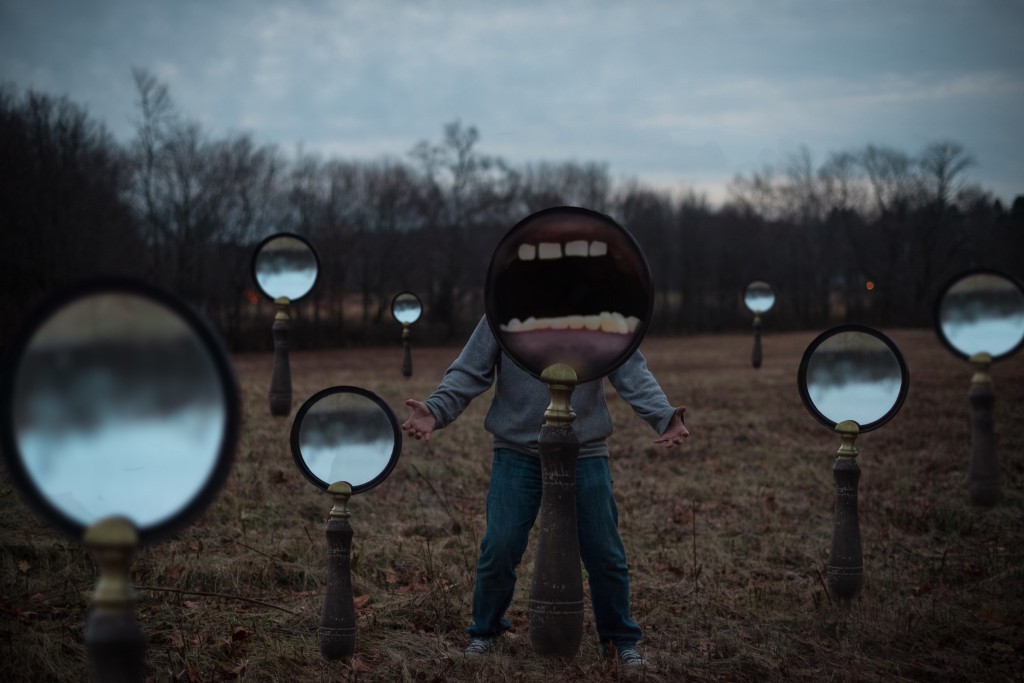The Myth of Monsters
In my other life, I don’t believe in them.

I turn thirty first thing in January: the last decade of my life has been in large part defined by what amounts to nothing more than a very, very, very bad relationship. I’m so used to reciting the story that at this point it’s rote — here’s what I did, what he did, what we said and how it felt and why it hurt so fucking much, and how I think about myself in relationship to that pain.
The confession is a form of penance: for years I have felt required to tell everyone about the worst thing I ever did, the most intimate, excruciating things that have ever happened to me, because I was so focused on the parts of it that were my fault, and I believed that branding myself with my shame was the only way to keep me from doing it — or something like it — ever again. I needed to be reminded, and I needed everyone around me to know, so they would watch for it, so I wouldn’t end up hurting them, too. Kayne West, y’all: everybody knows I’m a motherfucking monster.
We’ve been embracing monstrosity lately, women have, or we’ve been trying to. The most popular thing I’ve ever put on my Tumblr, by tens of thousands of notes, is a quote from a Kelly Link interview: “I’d rather watch shows about teenaged girls figuring out what it means to be a monster,” she says of her television-watching habits. It sounds badass, right, another word that gets used a lot around how women behave. I don’t care if you fucking like it. Right?
But the thing about monsters is that they are born from wounds: vampires and werewolves both transmit themselves specifically by breaking the skin. I was only as vicious to everyone else as I was to myself, and I was willing to take myself the fuck apart. This is what guts me when we talk about “self-harm” as if it’s a particular category of behaviors, as opposed to: whatever you’re using to make sure you keep feeling as shitty as you can bear. Or as if the harm is ever actually limited to your self. I didn’t cut; I didn’t starve; I didn’t use drugs or alcohol. I was too invested in looking like a good girl for any of the obvious ones. Instead I used the people around me. Its scars are invisible, which only encourages me to pretend they aren’t real.
I’ve been struggling this year with what it means to know that I will spend the rest of my life being the person who did those things. Because I can’t erase them, and I can’t forget them, and I don’t want to. I think a certain amount of regret is healthy — adult, even. The ability to accept that not everything happens for a reason, that a happy present does not excuse a fucked-up past. Some things happen, and they are bad, and they are your fault. Taking on responsibility for your own actions is the most basic, AA-truism-level step towards eventually being able to change them.
But also: if I stay wounded, I will always stay a monster. Being a monster is tempting. It sounds strong and defiant, like everything women aren’t going to be scared of anymore. But that’s not what a monster is, or maybe not the kind of monster I am when I am one. A monstrous woman — one who acts out of her boundaries, out of turn — is not the same thing as a monstrous person, who causes other people real, serious pain. I want to be tough and I want to be fearless and I want to say “I don’t care if you fucking like it.” But I also want to allow people to love me without being terrorized by the sense that I will hurt them, or that they will hurt me: that when you get down to the deepest parts of me, all you find is a monster standing guard over an old, open wound.
I’m the one who has kept it open all this time, as if always being hurt were a useful form of penance. When in fact allowing it to close is the only thing that will keep me safe from it, from the wild ways we act when we think all there is to feel is pain.
In My Other Life, a collection of essays from writers we love, is The Awl’s goodbye to 2016.
